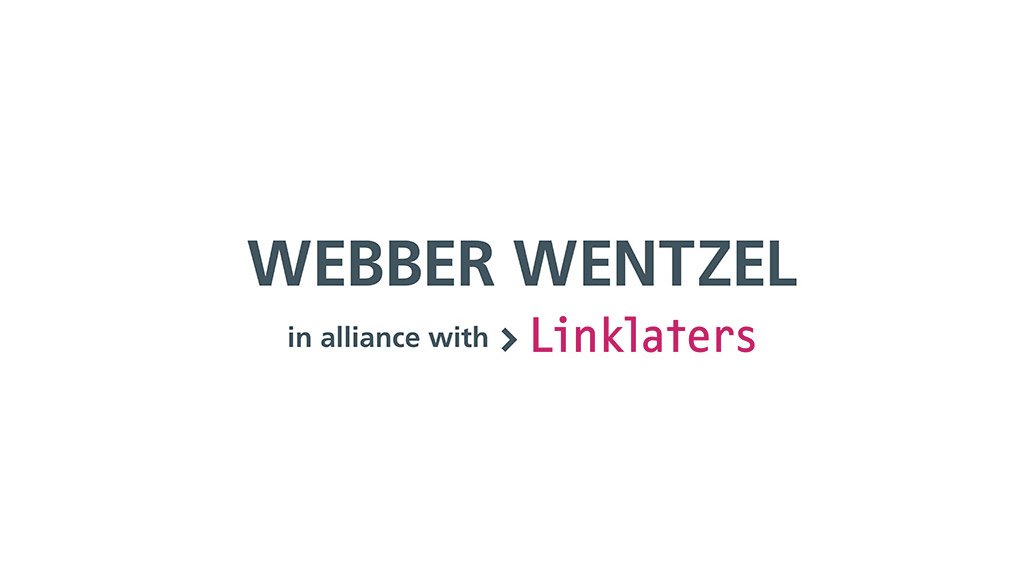South African Finance Minister Tito Mboweni delivered the 2021/22 Budget on Wednesday that treads a pragmatic path between over-spending and too much austerity, as the economy grapples with the impact of Covid-19 and lockdowns.
The minister clearly listened to widespread calls to avoid raising taxes but also to allocate more funds to rolling out vaccines. Overall, it was an optimistic budget, but with some stings in the tail.
The Budget delivered good news for taxpayers on a number of fronts:
- Households, particularly lower-income groups, will benefit from the above-inflation 5% increase in personal income taxes and rebates.
- The minister announced that the corporate tax rate would be cut to 27% for companies with years of assessment starting on or after 1 April 2022. However, this will be accompanied by less welcome measures to offset the loss of revenue (see below).
- He has committed over ZAR 10-billion to buy and deliver vaccines over the next two years and increased the contingency reserve by ZAR 7-billion for more vaccines and other emergencies. Government’s plan to vaccinate two-thirds of the population over 12 months is important to drive economic recovery.
- The minister has also promised a significant cut in the public service wage bill.
- Social grants and support for employment creation has been increased, which will help to offset the negative effects of the Covid-19 pandemic.
- SARS and National Treasury will be reviewing the Voluntary Disclosure Programme (VDP), under which taxpayers may apply to regularise their tax affairs. This is an effective way for the fiscus to collect additional revenue relatively easily.
- We are also encouraged by the minister’s announcement that another ZAR 3-billion would be allocated to SARS to increase its effectiveness in administering the various pieces of tax legislation.
- The increase in carbon tax increases demonstrates government’s determination to help fight climate change.
However, we consider some of the other proposals necessary to raise tax revenue or increase the tax base will be less welcome by taxpayers.
- One of the hardest hit groups will be individual taxpayers who propose to emigrate for tax purposes and have pension or provident funds in South Africa. The proposal to include retirement funds in the exit tax net may cause panic and increase withdrawals of such funds prematurely.
- The increase in excise duties on alcohol and tobacco products is above inflation and, while government is commendably determined to tackle the abuse of alcohol which costs the economy billions, it will have unfortunate consequences. It may fuel the illicit trade that flourished under the alcohol and cigarette bans during lockdowns. This will ultimately result in less revenue being collected than the taxes are intended to raise. It will hit a range of companies – not only large ones but also small craft brewers who have struggled to recover from the loss of revenue during the bans.
- Although the intention is to cut corporate taxes, the minister said to maintain revenue neutrality this has to be accompanied by measures such as limiting assessed losses and interest expense deductions. This proposal is deferred for a year and will give corporate taxpayers some breathing space, as after that many businesses will be unable to fully utilise losses that they could before. Uncertainty regarding the scope and content of the interest deductibility rules remains a concern and proposed refinements to the corporate reorganisation rules will have to be carefully considered when the relevant bill is published.
- The announcement that the Section 12J incentive available to venture capital companies will cease on the sunset date of 30 June 2021 reflects National Treasury’s findings that the tax deduction available for investing in Section 12J companies is not having the desired effect in promoting small business and job creation. This means that the 2022 year of assessment will be the last year in which investors can put money into a Section 12J company/fund and claim a tax deduction.
- Inflation-related increases in the fuel levy and the Road Accident Fund (RAF) levy were expected, because of the RAF’s contingent liability, but will affect transport costs for consumers.
- The announcement that a bill will be introduced to impose levies on regulated companies in the financial sector will also contribute to increased regulatory costs for affected entities.
EMAIL THIS ARTICLE SAVE THIS ARTICLE ARTICLE ENQUIRY
To subscribe email subscriptions@creamermedia.co.za or click here
To advertise email advertising@creamermedia.co.za or click here











